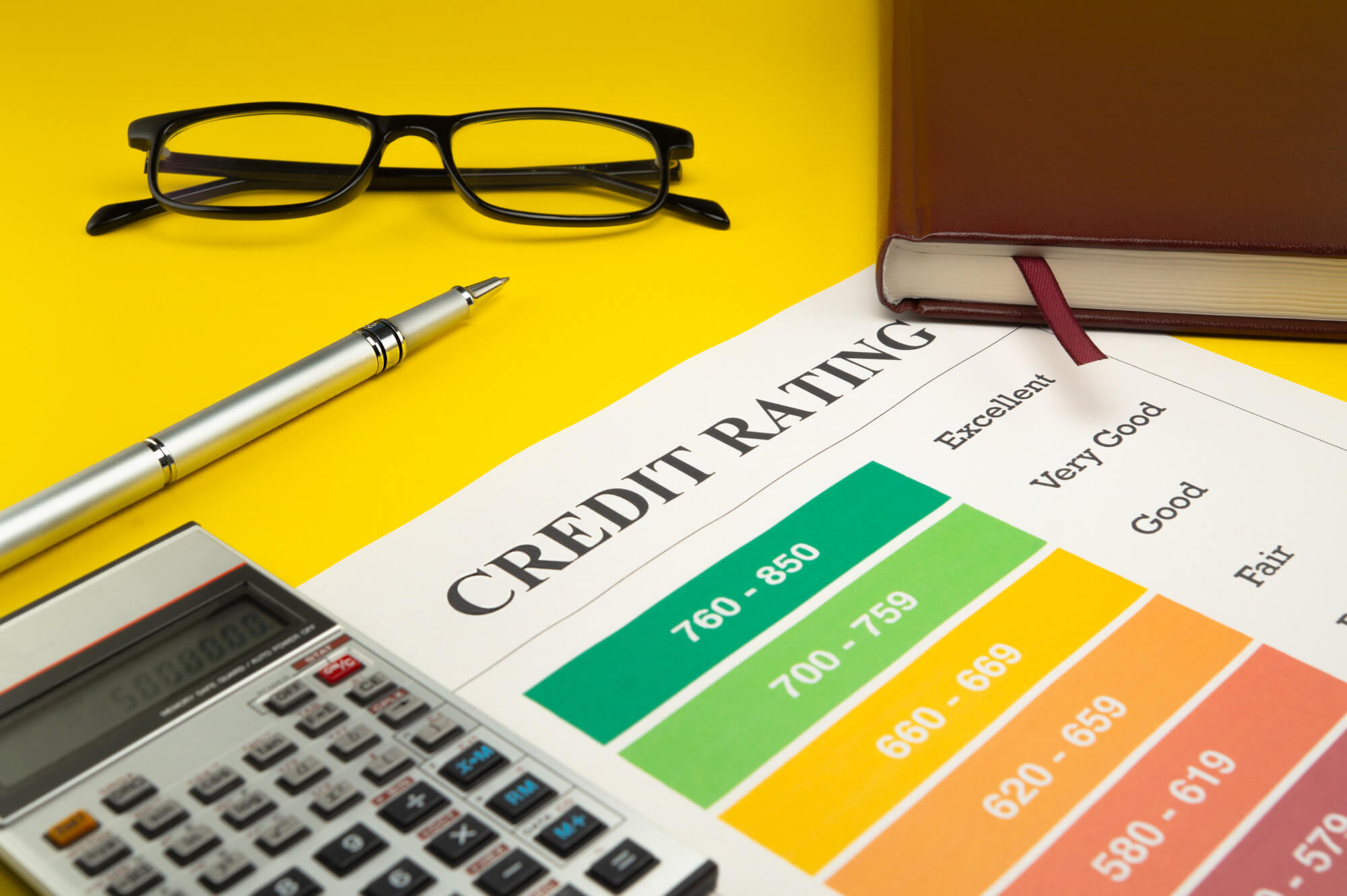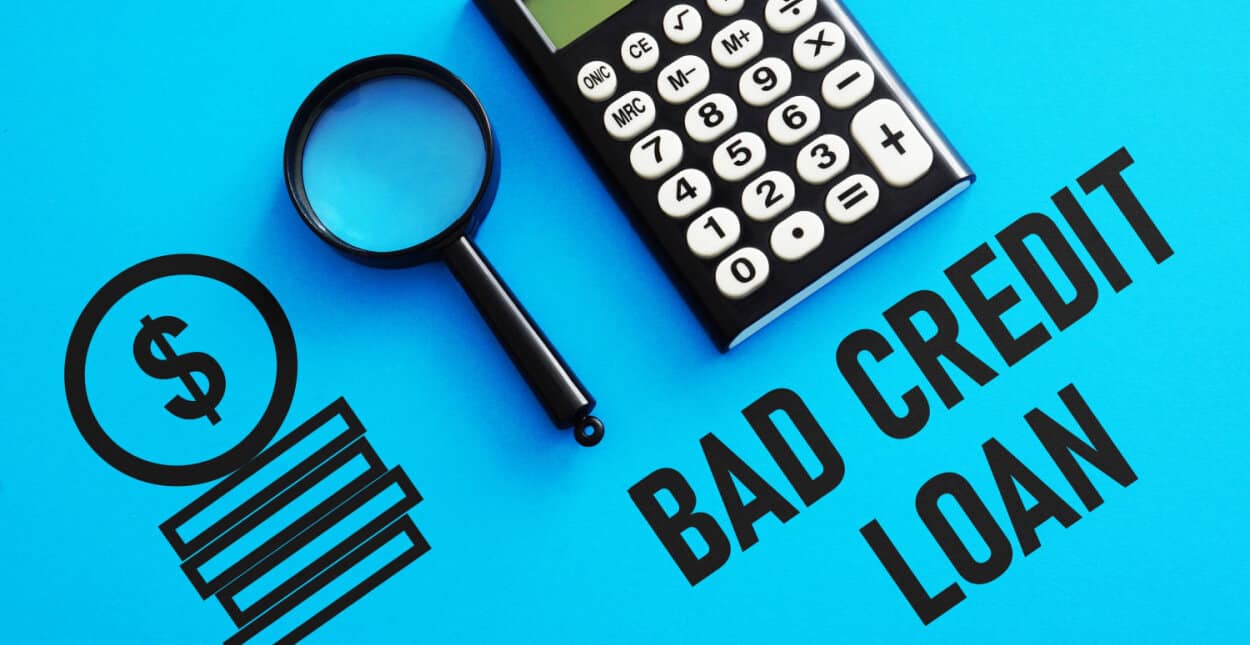Direct Lender Bad Credit Loans Guaranteed Approval

The allure of readily available loans for individuals with less-than-perfect credit has fueled a growing market, with companies advertising "direct lender bad credit loans guaranteed approval." These offers, often found online, promise a financial lifeline to those struggling to secure traditional financing, but experts caution consumers to proceed with extreme caution. The seemingly simple solution can mask hidden fees, high interest rates, and potential long-term financial consequences.
This article examines the prevalence of these loans, scrutinizes the claims of guaranteed approval, and analyzes the potential risks and benefits for borrowers. It aims to provide a balanced perspective, incorporating insights from financial experts and consumer protection agencies to equip individuals with the knowledge necessary to make informed decisions.
The Rise of "Guaranteed Approval" Loans
The appeal of guaranteed approval loans lies in their accessibility. These loans are marketed directly to individuals with low credit scores, those with limited credit history, or those who have previously faced bankruptcy. Many of these lenders operate online, offering a quick and convenient application process, often promising near-instant approval.
However, the term "guaranteed approval" is misleading. "The promise of guaranteed approval is a red flag," warns Susan Grant, Director of Consumer Protection at the Consumer Federation of America. "Legitimate lenders will always conduct some form of credit check and assess a borrower's ability to repay the loan."
How Direct Lenders Operate
Direct lenders, in theory, bypass the traditional banking system, offering loans directly to borrowers without the involvement of intermediaries. This can streamline the process and potentially offer faster funding. However, the lack of stringent regulatory oversight, often associated with traditional financial institutions, can create opportunities for predatory lending practices.
These lenders frequently charge significantly higher interest rates than banks or credit unions.
"The interest rates on these loans can be astronomical, sometimes exceeding 300% APR," says Michael Bovee, a credit expert at Resolve.com. "Borrowers can quickly find themselves trapped in a cycle of debt."
Furthermore, some direct lenders may not report payment activity to the major credit bureaus. This means that even if borrowers diligently repay their loans, they may not see any improvement in their credit scores. This defeats the purpose of using the loan to rebuild credit.
The Fine Print: Hidden Fees and Risks
The terms and conditions of these loans are often complex and difficult to understand. Hidden fees, such as origination fees, prepayment penalties, and late payment fees, can significantly increase the overall cost of borrowing.
Borrowers should carefully scrutinize the loan agreement before signing anything. Look for clauses related to loan renewals or rollovers, which can trap borrowers in an endless cycle of debt. These clauses allow lenders to extend the loan term, adding new fees and interest charges to the principal balance.
Failure to repay these loans can have severe consequences. Lenders may pursue aggressive collection tactics, including wage garnishment and lawsuits. This can further damage a borrower's credit rating and financial stability.
Alternatives to "Guaranteed Approval" Loans
For individuals with bad credit, exploring alternative options is crucial. Credit counseling agencies can provide valuable guidance and help individuals develop a debt management plan.
Secured loans, such as pawnshop loans or title loans, are another option, but they come with significant risks. These loans require borrowers to pledge assets as collateral, and failure to repay the loan can result in the loss of the asset.
Exploring credit builder loans or secured credit cards, designed to help individuals rebuild their credit history, can be a safer long-term strategy. These options often have lower interest rates and more favorable terms than "guaranteed approval" loans.
Protecting Yourself from Predatory Lending
The Federal Trade Commission (FTC) and the Consumer Financial Protection Bureau (CFPB) offer resources to help consumers protect themselves from predatory lending practices. These agencies provide information on identifying scams, understanding your rights, and filing complaints.
Always verify the lender's legitimacy before applying for a loan. Check for a physical address and contact information, and research the lender's reputation online. Be wary of lenders who pressure you to borrow more than you need or who are unwilling to disclose their fees and interest rates upfront.
Consumers should never feel pressured into accepting a loan offer. Taking the time to compare offers from multiple lenders and carefully reviewing the terms and conditions can save borrowers from significant financial hardship.
The Human Cost of Predatory Lending
The impact of predatory lending extends far beyond financial hardship. It can lead to stress, anxiety, and even depression. Families can be torn apart by debt, and individuals may lose their homes or savings.
Sarah Miller, a single mother who fell victim to a payday loan scam, shared her experience: "I was desperate for money to pay my rent. I thought it was a quick fix, but it turned into a nightmare. I ended up losing my car and almost lost my apartment." This human-interest example demonstrates the devastating effects of predatory lending.
These types of stories highlight the urgent need for greater consumer awareness and stricter regulation of the lending industry.
Conclusion
While the promise of "direct lender bad credit loans guaranteed approval" may seem appealing, borrowers must exercise extreme caution. The risks associated with these loans often outweigh the benefits. Exploring alternative options and seeking financial guidance can help individuals avoid the pitfalls of predatory lending and achieve long-term financial stability.
By educating themselves and staying informed, consumers can protect themselves from scams and make responsible borrowing decisions. Remember: If it sounds too good to be true, it probably is.


















